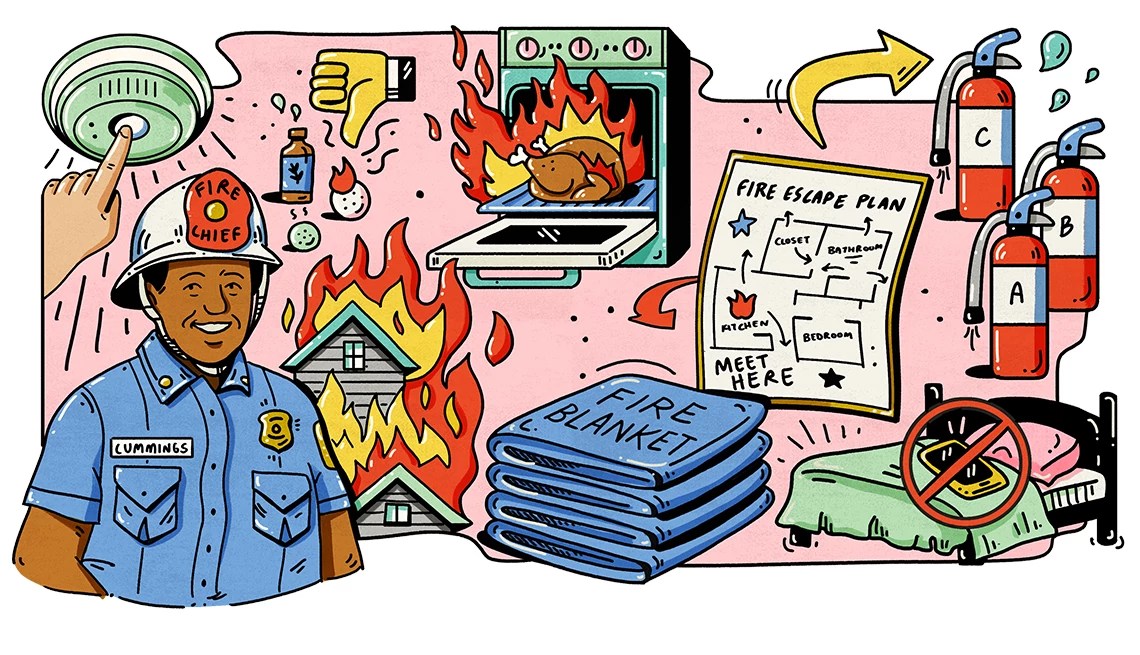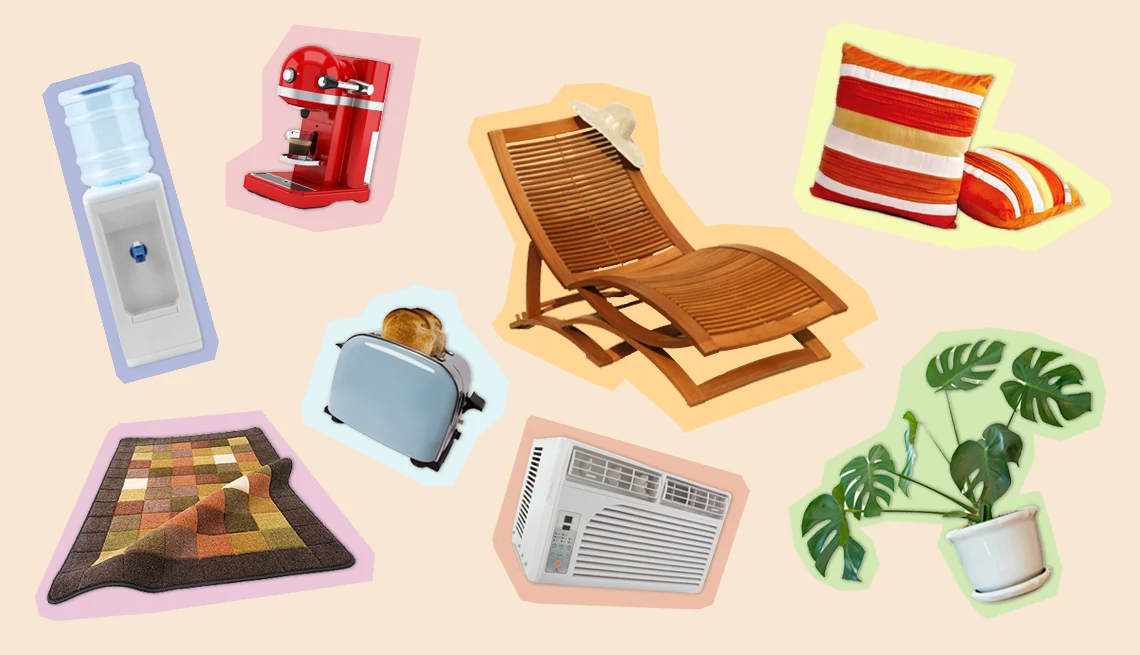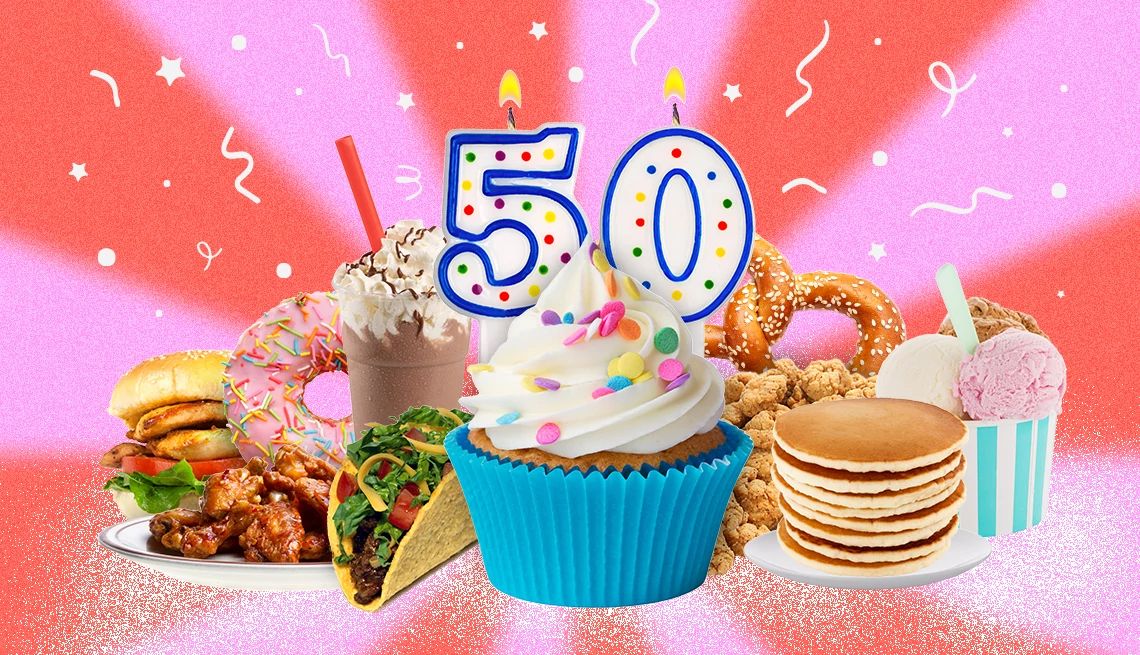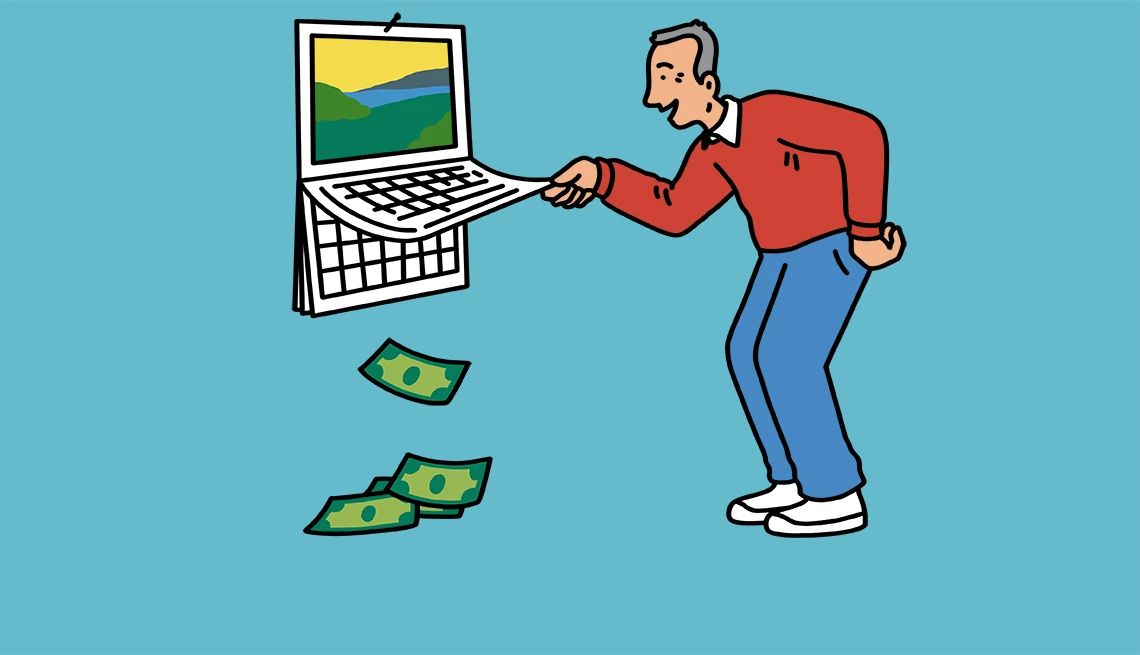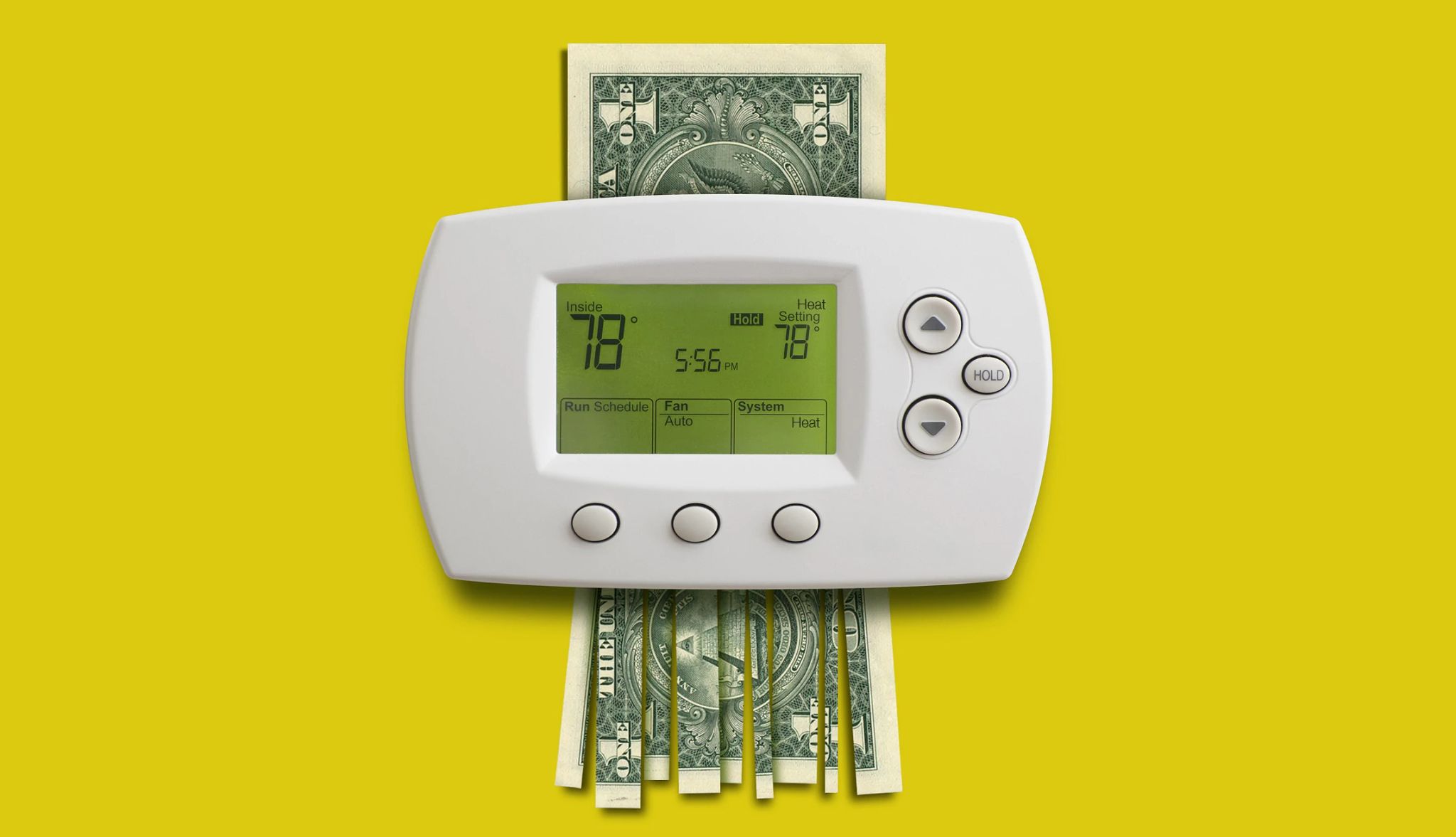AARP Hearing Center
Home & Living
Inspiration and strategies for making the most of life at home and in your community now and in the future
Your Home & Community
Recipes & Entertaining


AARP Membership — $15 for your first year when you sign up for Automatic Renewal
Get instant access to members-only products and hundreds of discounts, a free second membership, and a subscription to AARP the Magazine.
Tips, Tricks and Guides

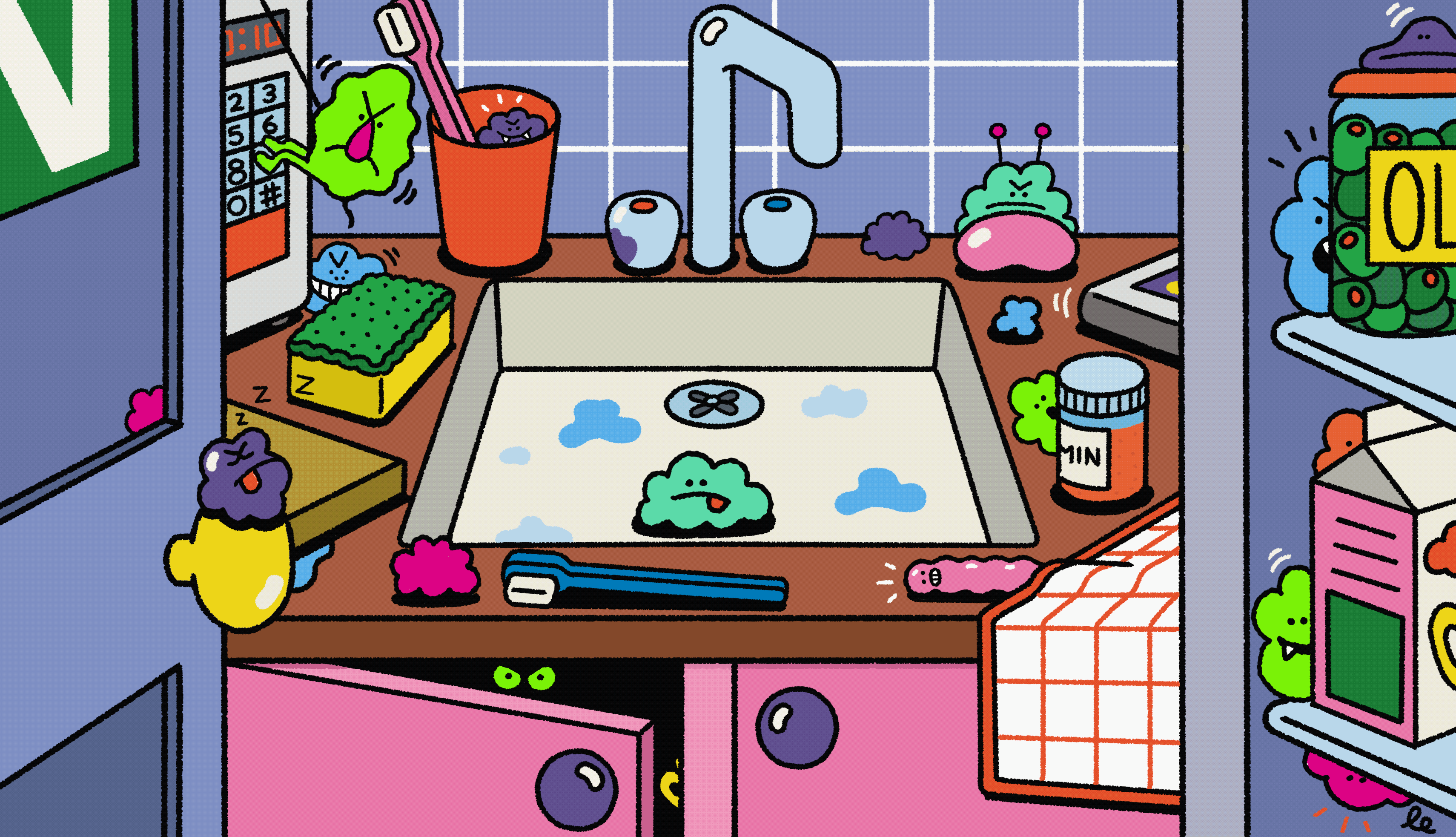
Home and Family
25 Germiest Places in Your Home
These spots in your home are extra dirty

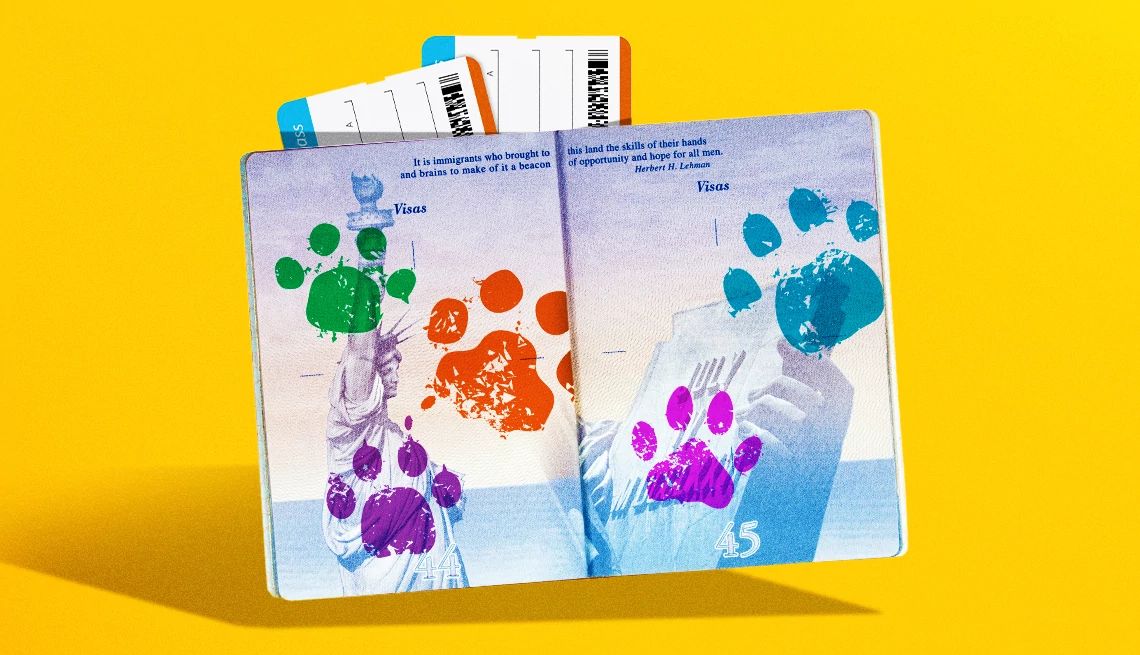
Members Edition
AARP’s Smart Guide to Pet Travel
Proper planning makes travel easier for your pet — and you


Members Edition
Property Brothers’ Tips for Older Homeowners
Take these steps to catch problems early, cut your bills.
Save Money
Recommended for You
AARP IN YOUR STATE
Find AARP offices in your State and News, Events and Programs affecting retirement, health care and more.








































































